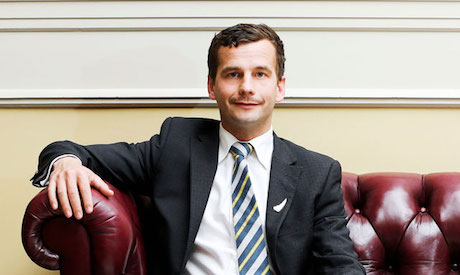Act leader, David Seymour, who has a member’s bill in the ballot to legalise voluntary euthanasia, is opposed to a conscience vote on the matter.
He calls it a “little wrinkle in our political system that allows a small amount of people to veto a large amount of people.”
“I do think that’s undemocratic and that’s why I think change is inevitable,” he says.
John Key and Andrew Little both say if there was ever to be a vote on euthanasia in Parliament, it would be a conscience vote for their MPs.
However the prime minster says the government will not be introducing any legislation to legalise voluntary euthanasia regardless of the conclusions of an inquiry into euthanasia currently before the health select committee.
“There is no chance of it being a government bill,” Key said.
He says more than half of his party supported voluntary euthanasia.
“But I can tell you now, there are quite a few members of our caucus that won’t and there wouldn’t be support for it to be a government bill.”
National MPs who were “very strongly religiously orientated” would definitely not support such a bill,” he said.
A report on stuff.co.nz named Bill English and Gerry Brownlee as being among “several senior Cabinet members” who are opposed to legalising euthanasia.
Key personally supports euthanasia he thinks the best way of dealing with it is through the member’s bill process.
Labour leader Andrew Little said he too supported medically-assisted dying but the issue was not a priority for his party.
Former Labour MP Maryan Street had a member’s bill in the ballot.
When she didn’t return to Parliament in the last election it was taken over by her colleague Iain Lees-Galloway.
But Little has since asked him to remove it from the ballot.
He said there were a range of priorities “in need of urgent attention if Labour was to be in Government next year, and while a bill shouldn’t be stopped from being debated in the House, it wasn’t top of the agenda.
Source
